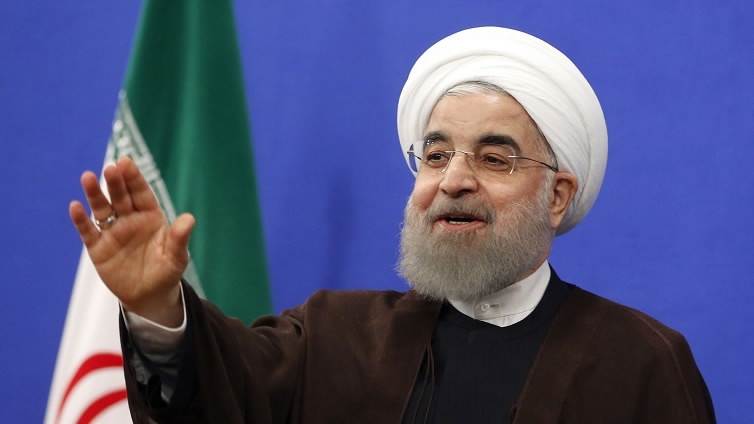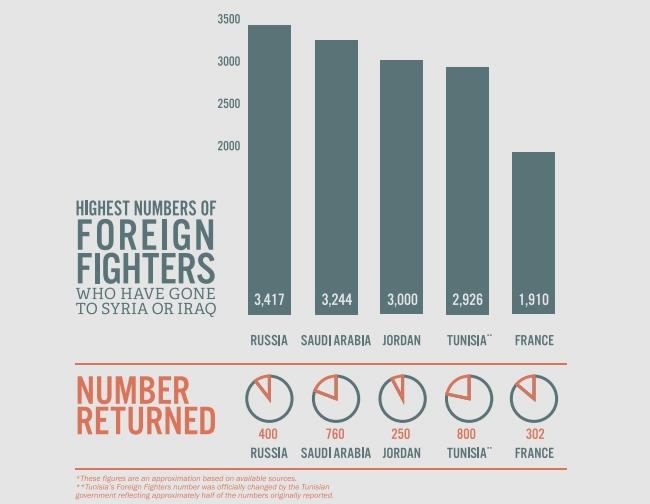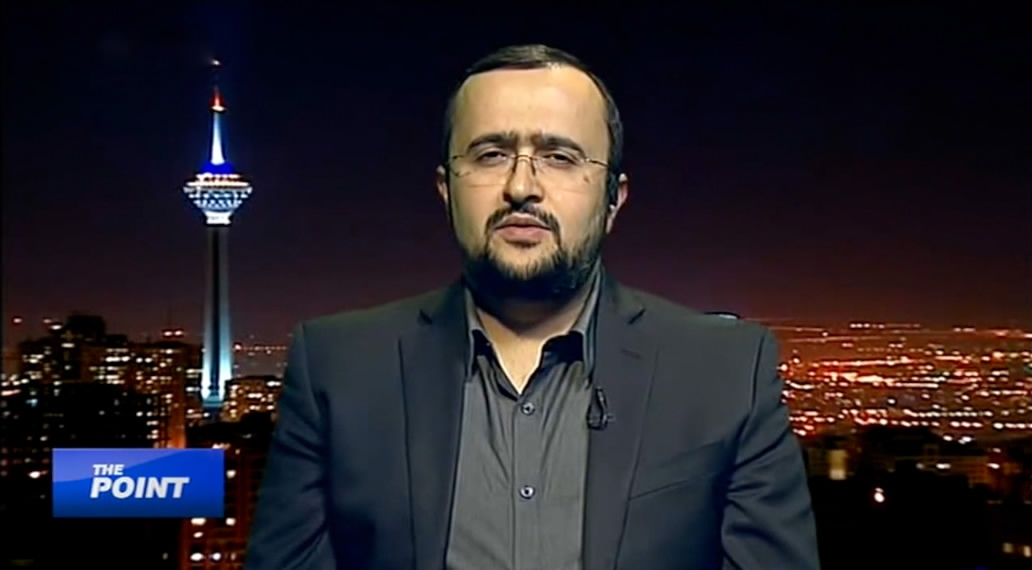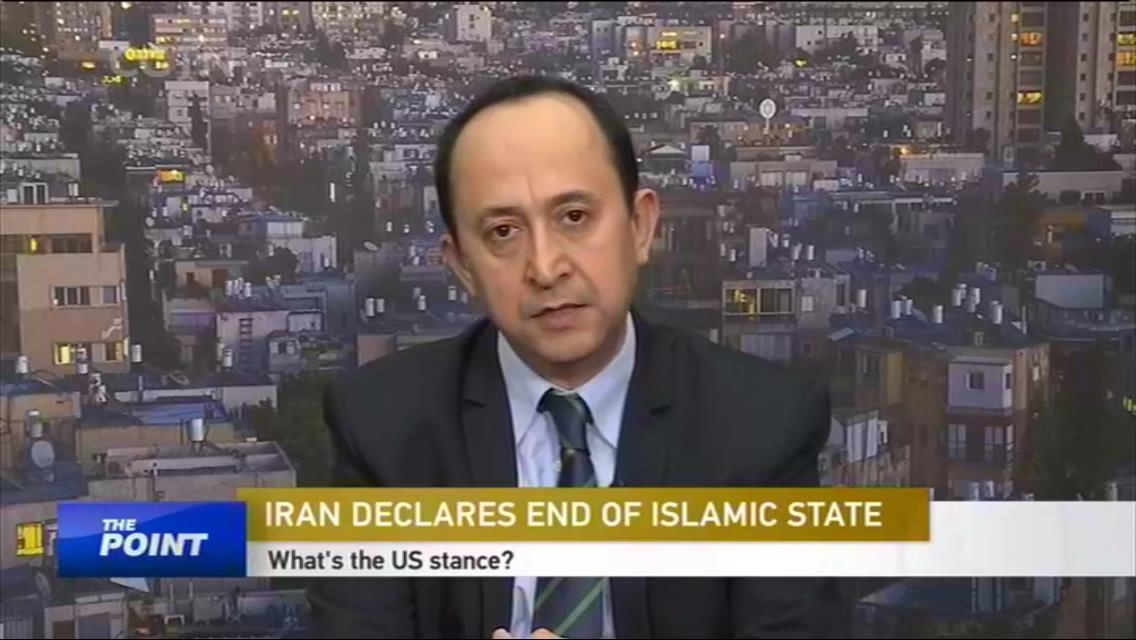
World
17:09, 24-Nov-2017
What happens next after ISIL’s defeat?
CGTN

By CGTN's The Point
“Islamic State as a government is over. Islamic State as a terror group is not over yet,” said Hamed Mousavi, a professor from the University of Tehran.
His comments on CGTN’s The Point came after Iranian President Hassan Rouhani announced the end of ISIL in an address broadcast live on state TV earlier this week.
“Even though they are not controlling any major territory in Iraq and Syria, nevertheless they still have terrorist assaults in European countries as well as in Syria and Iraq. They still have their media empire and propaganda, and most importantly of all, their ideology is still there,” he explained.
Meir Javedanfar, a Middle East Analyst, worried about the fact that many ISIL fighters have returned home from the battlefield. According to a report from the Soufan Center – a US-based think tank – at least 5,600 fighters are now believed to have returned home.

/Picture courtesy of the Soufan Center
/Picture courtesy of the Soufan Center
They include 400 from Russia, 760 from Saudi Arabia, and 800 from Tunisia.
“That’s the estimate. Nobody really knows where they are,” Javedanfar said.
He also noted that another ecological problem has not been solved.
“One of the issues that attracted people to Islamic State is the drought issue in Iraq and in Syria. Unfortunately the drought in these regions remains,” he said.
Regarding President Rouhani’s public address, Mousavi thought that Iran wants to show Saudi Arabia and the world that it “is on the forefront to fight against Islamic State in Iraq and Syria.”

“When Saudi Arabia accuses Iran of having spread terrorism, Iran says no, it’s Saudi Arabia with its extreme ideology, which is the source of the ideology of the Islamic State,” Mousavi said.
“This is the same time that the Arab League is discussing a proposal denouncing Iran, so the timing is important as well.”
One day after Rouhani’s announcement, Russian President Vladimir Putin also made a declaration during a press conference after meeting with his Iranian and Turkish counterparts in Sochi.
He said that, "large-scale military operations against terrorist groups in Syria are coming to an end."
There has been no official response from the White House yet. Javedanfar thought, “America doesn’t want to give up its small influence when it comes to Syria, but at the same time, it doesn’t want to get too involved.”

Middle East analyst Meir Javedanfar. /CGTN Photo
Middle East analyst Meir Javedanfar. /CGTN Photo
"There is concern that if America becomes more involved in Syria, it will be asked to contribute to the reconstruction of the country, which the United States is not really interested in,” Javedanfar said.
Mousavi argued that America should take their responsibilities seriously as the country is, “responsible for the creation of Islamic State”. He also pointed out that, “the US is picking and choosing its fights”.
“I think one concern there is that if Islamic State is completely defeated, that is actually going to lead to the rise of power in Iran. So I think the US strategy is very complicated in the fight against terrorism,” he concluded.
The Point with Liu Xin is a 30-minute current affairs program on CGTN. It airs weekdays at 9.30 p.m. BJT (1330GMT), with rebroadcasts at 5.30 a.m. (2130GMT) and 10.30 a.m. (0230GMT).
5603km

SITEMAP
Copyright © 2018 CGTN. Beijing ICP prepared NO.16065310-3
Copyright © 2018 CGTN. Beijing ICP prepared NO.16065310-3